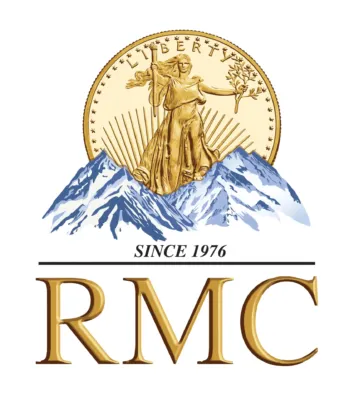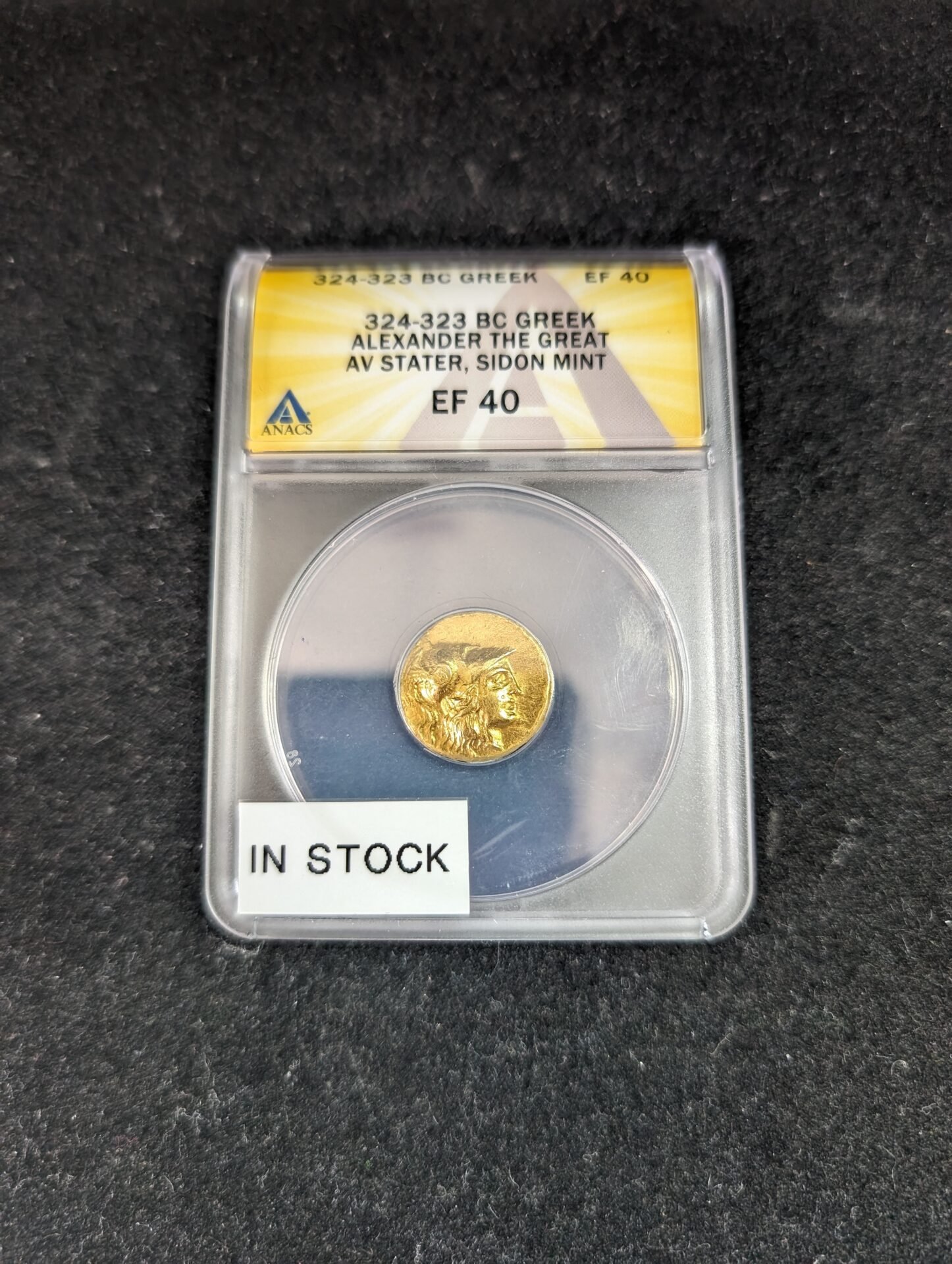When you are trying to start a coin collection, storage becomes an important issue. Although coin collections often take up little room, you need to store them in the proper location to prevent damage. When you’re picking the location and storage method for your coin collection, consider the following.
Choose the Proper Location
As a general rule, a room cannot be good for coins if it is not comfortable for people. Temperature extremes and humidity can do damage to your coins. Thus, keeping your coins in an attic, basement, kitchen, or bathroom could do damage to your coins over time.
The best room in your house to keep your coins will be one where the temperature is relatively even and predictable. Rooms with large windows and a southern or western exposure may have temperature fluctuations that will make these rooms less than ideal. If possible, choose a room with a northern or eastern exposure, to avoid direct sunlight.
If the room where you store coins gets some direct sunlight during the day, keep your coins out of the portion of the room where sunlight falls. This may change as the seasons change, so re-evaluate your coin storage location throughout the year.
Hopefully your home has air conditioning. In addition to controlling temperature, air conditioners also control humidity. When placing your coins in an air-conditioned room, keep them out of the way of the air vent.
If you don’t have airtight containers for your coins, measure the humidity of the room periodically. Purchase a dehumidifier to control the conditions where your coins are kept if the room is frequently humid.
The location you select for your coin collection should be out of the way to ensure protection. Any amount of touching your coins can do damage to them, so keep your coins out of reach from children who might be tempted to touch or play with your coins.
Use Good Packaging
Even after you’ve picked a location, you’ll still need to choose a method to package each coin. Typically, coins are packaged individually. Packages make it possible for you to lift the coin without directly touching it. This protects your coin from oils on your fingers.
Many different types of packages can hold coins. Some of these packages are more effective than others. When choosing the package that you’ll want for your coins, consider how the packages will perform in storage, how well they protect your coins, and how easy they make it to label the coins.
Clear Plastic Sleeves
Plastic sleeves are perhaps the most basic type of coin protection available. To use these coin holders, simply open the sleeve and slip the coin inside. Plastic envelopes protect coins from direct contact with human skin, but they do little else to protect the coin. These sleeves make acceptable temporary homes for many coins, but serious collectors often turn to more secure packages for long-term storage.
Cardboard Coin Holders
Cardboard coin holders have a cardboard, square-shaped frame with a circular cutout to view the coin on both sides. The frame is stapled shut to keep the coin in place. The cutout is covered by a clear plastic sheet to protect the coin and prevent it from falling out.
These coin holders are cost-effective and easy to label, but they’re not the most professional in appearance. Cardboard coin holders fit nicely into plastic pages that fit into a binder. This makes storing and viewing coins easy.
Circular, Plastic Coin Capsules
Circular coin capsules are airtight and shaped to fit perfectly around coins so the coins can’t slide around inside their containers. Capsules make excellent containers and protect coins very well, but they cannot be labelled. Coin collectors who use capsules typically require a separate labeling system for their coins.
Coin Tubes
Coin tubes are similar to the cardboard tubes that hold coins in cash registers and at the bank. Coin tubes are made from plastic to protect coins from wear and tear, but you can’t view coins in tubes. Additionally, coins that slide against one another in the tubes could scratch one another.
Slab-Style Coin Holders
Slab-style coin holders have everything a coin needs for best protection, including a hard plastic shell that protects the coin and a space within the rectangular frame for labeling the coin. People who have valuable coin collections can have their coins encapsulated in slab-style coin holders and evaluated by a professional, but these services are expensive and thus not sought by all collectors.
Work With an Expert to Find Out More About Coins
With proper storage, your coin collection should last for many decades. For more information about storing your coins, contact your local hobby store. At Rocky Mountain Coin, we are happy to answer your questions and give you more information about coin collection storage.




